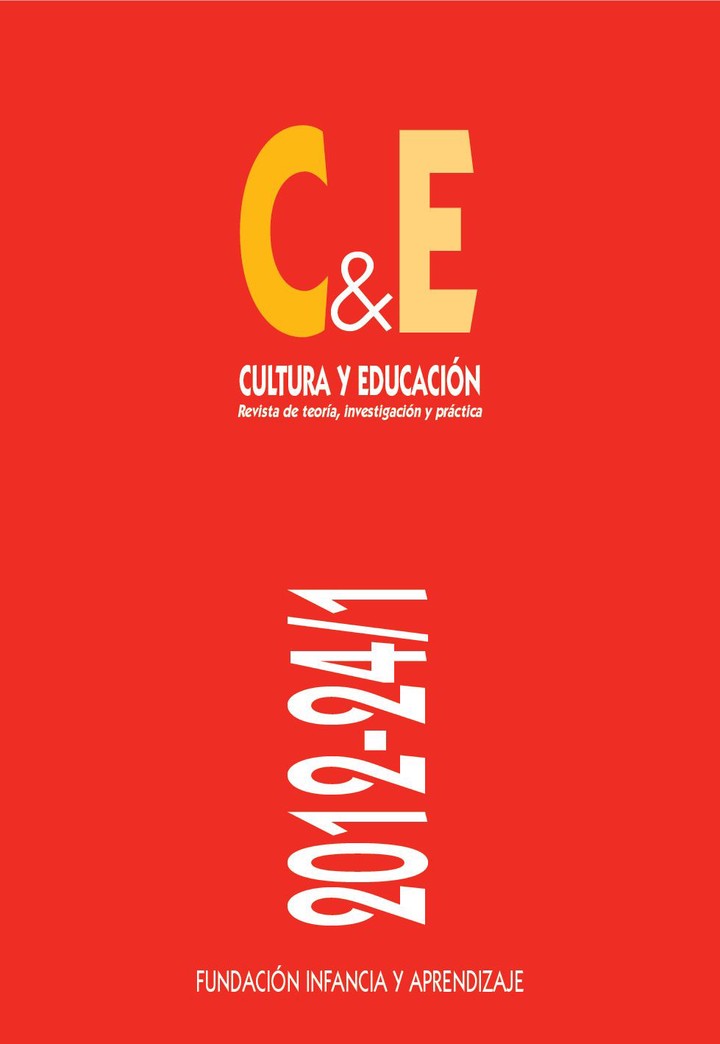Online educational videos according to specific didactics: the case of mathematics / Los vídeos educativos en línea desde las didácticas específicas: el caso de las matemáticas

Resumen
Los numerosos vídeos educativos en línea disponibles actualmente están dando lugar a un área emergente de investigación acerca de su grado de adecuación. En esta investigación se estudia la calidad epistémica de vídeos educativos sobre matemáticas, centrando la atención en un contenido concreto, los repartos directamente proporcionales. Se trata de un estudio cualitativo basado en la aplicación de herramientas teóricas y metodológicas del enfoque ontosemiótico del conocimiento y la instrucción matemáticos, principalmente la noción de idoneidad epistémica y la identificación de niveles algebraicos. La muestra está formada por los 31 vídeos en español más populares en YouTube™ sobre repartos directamente proporcionales. El análisis revela resultados de interés acerca de este tipo de recursos. En general, se ha identificado que poseen una pobre idoneidad epistémica, aspecto que no parece depender de su popularidad. Así mismo, la existencia de vídeos con argumentos poco precisos o procedimientos incorrectos, unida a la natural diversidad de niveles algebraicos utilizados, sugiere que los docentes deben ser cuidadosos seleccionando y recomendando aquellos vídeos que mejor se adapten a su alumnado.
Artículo en inglés y en español
Online educational videos according to specific didactics: the case of mathematics
Abstract
The vast number of online educational videos available at the moment has generated an emerging area of research concerning their level of suitability. This study considers the epistemic quality of educational videos on mathematics, focusing on the specific content of directly proportional distributions. A qualitative study is used, based on the application of theoretical and methodological tools from the onto-semiotic approach to knowledge and mathematics instruction, principally the notion of epistemic suitability and the identification of algebraic levels. The sample consists of the 31 most popular videos in Spanish on YouTube ™ on directly proportional distributions. Analysis reveals interesting results on these kinds of resources. In general, it is observed that they are weak in epistemic suitability, which does not seem to affect their level of popularity. Moreover, the existence of videos with inaccurate arguments or incorrect procedures, together with the diversity of algebraic levels used, indicates that teachers should be careful when selecting them and only recommend those that better suit their students’ needs.
Cítese como:
Beltran-Pellicer, P., Giacomone, B., & Burgos, M. (2018). Online educational videos according to specific didactics: The case of mathematics / Los vídeos educativos en línea desde las didácticas específicas: El caso de las matemáticas. Cultura y Educacion, 30(4), 633-662. https://doi.org/10.1080/11356405.2018.1524651